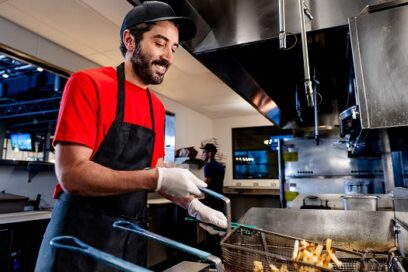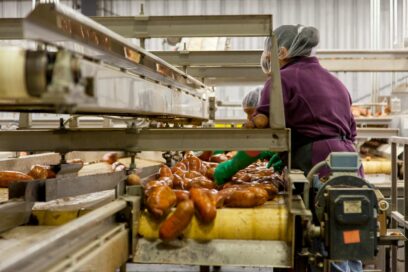Restaurant and Foodservice
From reformulation to creating desire: Looking forward to a plant-forward future
Panelists at the CIA's Global Plant-Forward Culinary Summit discussed what’s most exciting to them about the plant-based, plant-forward movement, where momentum and opportunities exist and what gives them hope for a plant-forward future.











![Q&A: Chef Adam Handling on how animal-first approach sets UK meats apart [Image: Plated lamb, asparagus and wild garlic dish with text 'Great Taste has no limits" on a red background over GREAT Britain & Northern Ireland logo]](https://www.smartbrief.com/wp-content/uploads/2024/01/750-x-350-Lamb-Asparagus-Wild-Garlic-408x272.jpg)